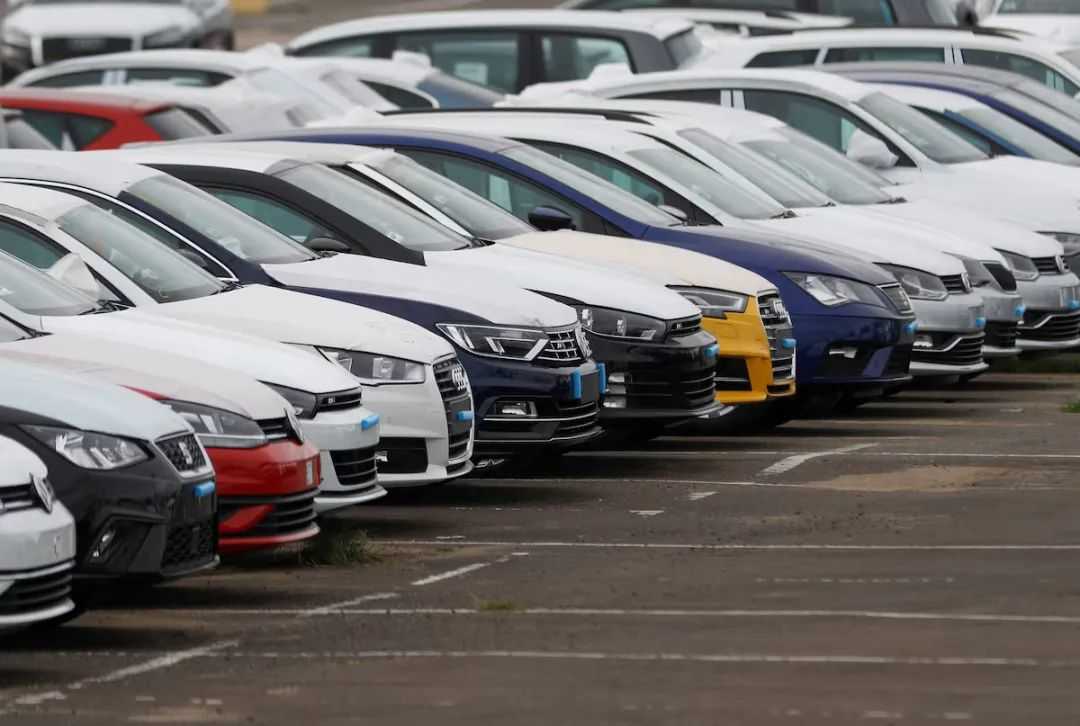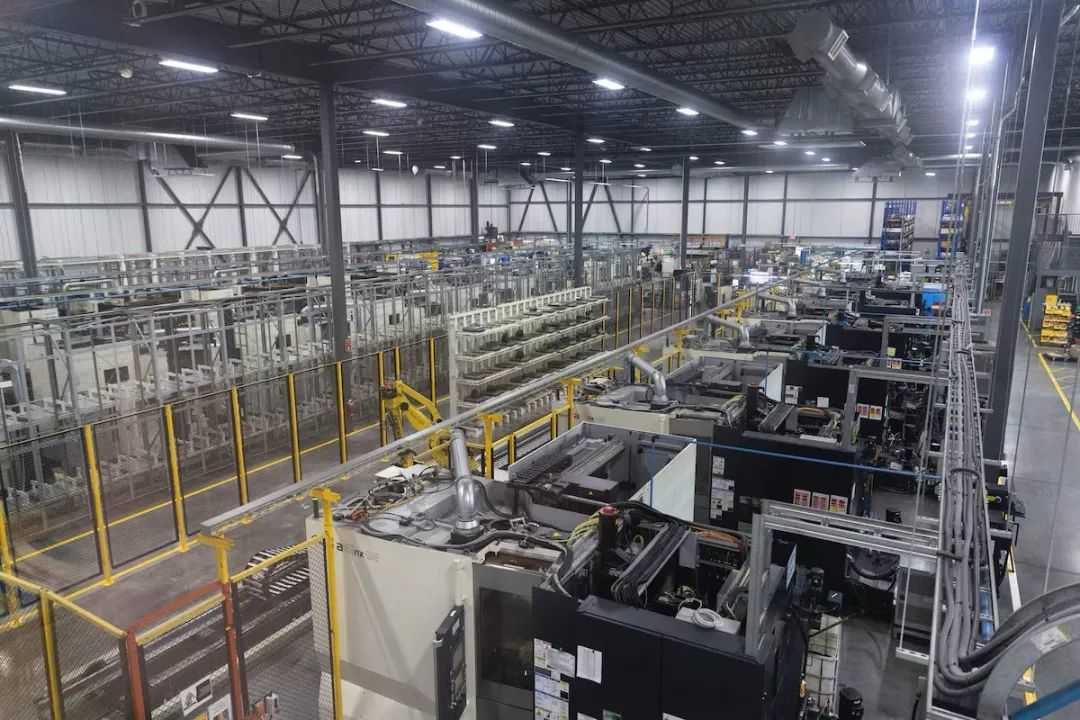
The UK and the US are on the verge of finalizing a trade deal, according to British and American officials. This agreement, set to be signed this week, will offer lower tariff quotas for UK steel and car exports, shielding some British goods from the full impact of the 25% additional tariffs on steel and car imports imposed by Trump in February and March.
Meanwhile, the UK auto market is experiencing a downturn. New car registrations in the UK plummeted 10% year - on - year to 120,300 units in April, hitting a new low in recent years. Tesla was the biggest drag, with its sales tumbling 62% year - on - year to 512 units, mainly due to Elon Musk's controversial political stance, lackluster product updates, and shrinking global demand. In contrast, the Chinese brand BYD saw a dramatic surge of 654% to 2,511 units, seizing the opportunity in the electrification transformation. Industry analysts point out that multiple negative factors have contributed to the market slump. The increase in vehicle consumption tax on April 1 led to advanced consumption in March. The Trump administration's proposed auto tariffs have added to the export uncertainty, given that the US accounts for 20% of UK car exports. Moreover, weak consumer confidence has dampened the demand for car purchases.
The electrification process has also fallen short of expectations. The share of pure - electric vehicles in April was only 20.4%, far below the government's target of 28%, and the SMMT has revised down its 2025 forecast to 23.5%. Deloitte warns that the UK auto industry could be severely hit if the US imposes tariffs. The current situation highlights the structural pains of the decline of traditional fuel - powered vehicles and the electrification transformation, and policy adjustments and global trade risks are key variables for the industry's recovery.





